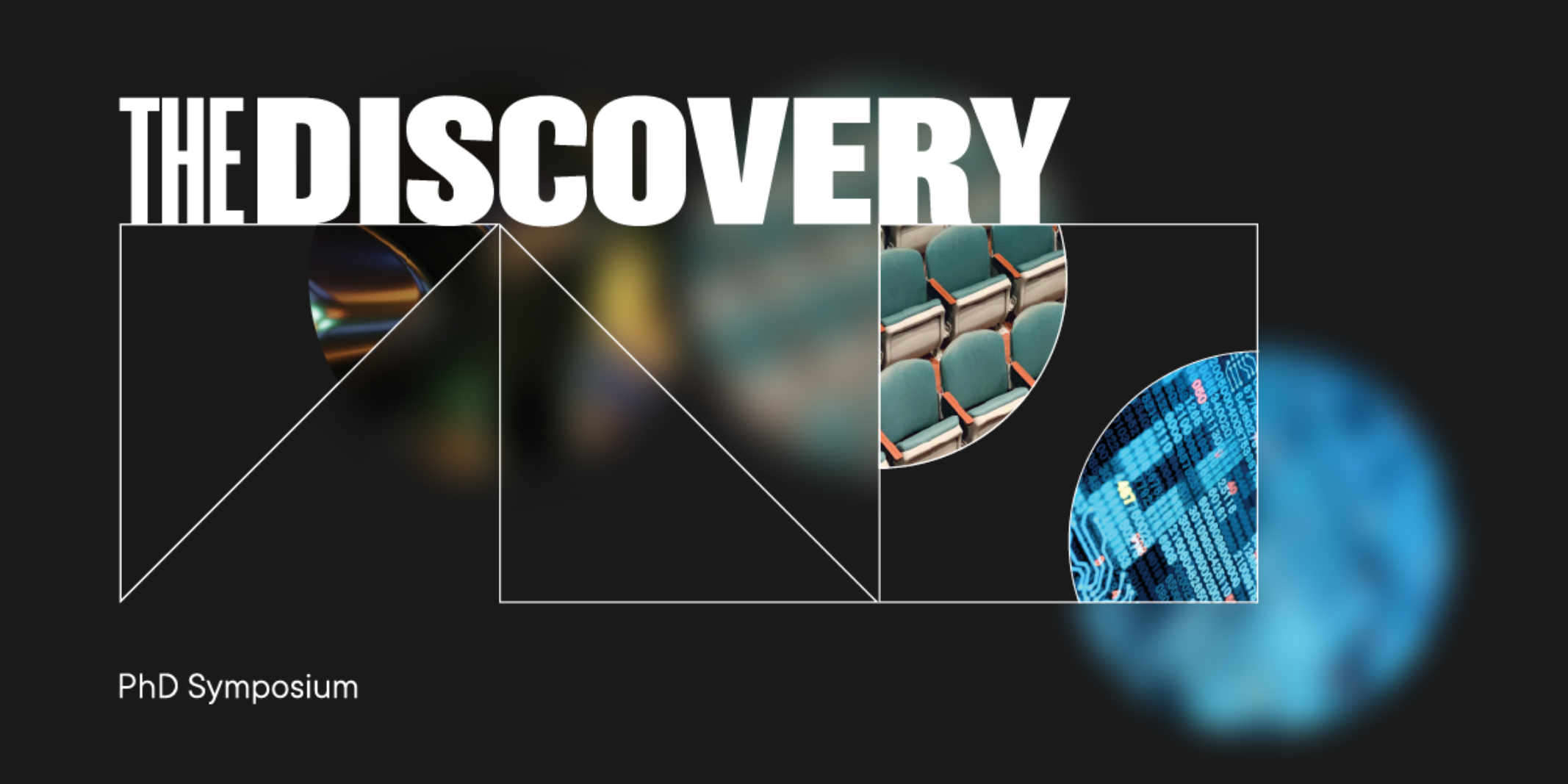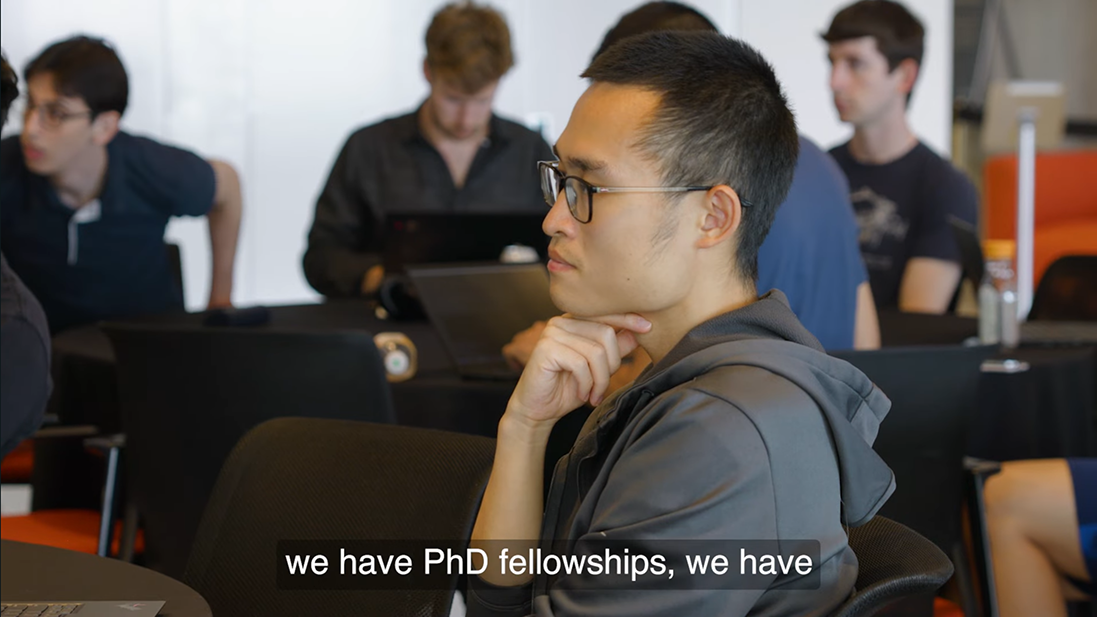The Discovery: Two Sigma PhD Symposium

An event with knowledge sharing and innovation with fellow PhD students, professors, and Two Sigma researchers.

An event with knowledge sharing and innovation with fellow PhD students, professors, and Two Sigma researchers.
The Discovery, Two Sigma’s PhD Symposium, brings together the top PhD students from across North America to exchange ideas with fellow PhD students, distinguished professors, and Two Sigma researchers at our Soho headquarters. This invite-only event offers PhD students with the unique opportunity to share and solicit feedback on their current research.

Our Academic Partnerships program aims to support and recognize outstanding students and educators who share our passion for learning and seeking a deeper understanding of the world around us. Our video here explains more.
